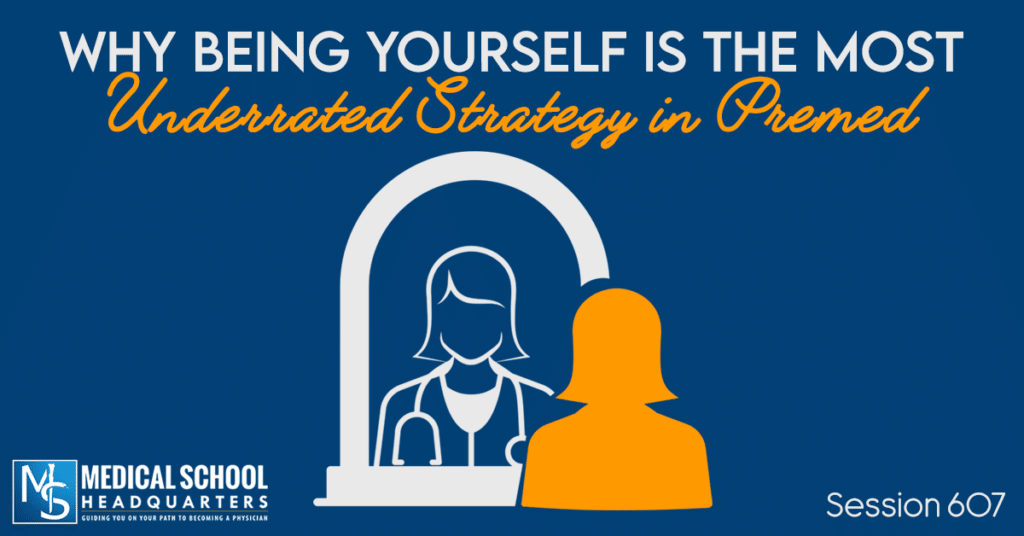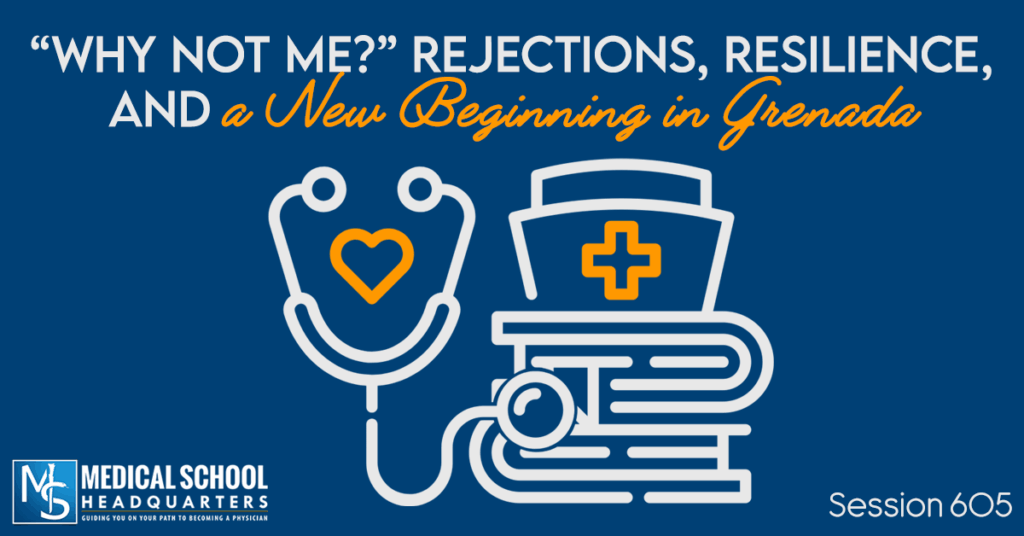So, you have been working hard in college on your classes and taking lots of practice tests for the MCAT. You might ask, what else do I need to do to get into medical school? Well, for one thing, you need to volunteer!
Key Reasons for Volunteering as a Premed
-
-
- It demonstrates your commitment to helping people, a quality which is much better shown by time spent on a volunteer project than by just saying “I love helping people” when asked why you want to be a doctor.
- It can provide you with experience in an area of health care you may not otherwise be exposed to. Medical school applicants don’t have to have experience working in a hospital prior to matriculating as in other professional schools (business and architecture come to mind). Still, doing actual volunteer work in health care can give you a sense of what it’s like to work with patients.This experience can be extremely helpful when it comes to writing your personal statement, in that you can actually draw on that experience as opposed to just a generic statement saying that you’re smart and like helping people. It can also be a great thing to talk about at your medical school interviews.
- It makes you more well-rounded. Medical schools do not only look at your GPA and MCAT scores; they look at everything that goes into your application, including your extracurricular activities and prior work experience. (You do still need good GPA and MCAT scores to get your application on the desk of the admissions committee, though!)Doing volunteer work gives you experience and often perspective, and it shows that you can still succeed in school while doing other things with your time as well. A student who spent all his/her weekends in college tailgating may have had an awesome time, but when it comes to writing down all of your extracurricular activities on medical school applications, tailgating doesn’t really count.
- It’s a welcome break from your studies. Remember that while the journey to becoming a physician is long and filled with hard work, it requires balance, too! You need to have a life outside your studies and outside the hospital, later on, to stay sane and be healthy—so practice doing this in college.
-
[Related episode: What if I Don’t Have Time for Volunteering?]
Do I have to volunteer in health care?
The answer is no. If you really want to do Habitat for Humanity, by all means, do it!
Again, the more experience that you have in health care before applying to medical school, the better, as it can help confirm your interest in becoming a doctor. Your preconceived notions of what it means to be a doctor might be totally wrong, and volunteering in health care gives you a more in-depth look. But don’t push aside your interest in non-health-care related volunteer work. This is still valuable to your medical school applications!
Your preconceived notions of what it means to be a doctor might be totally wrong, and volunteering in health care gives you a more in-depth look.Click To TweetWhen should I volunteer as a premed?
Well, that depends. On most college campuses, there is ample opportunity to get involved in volunteering opportunities of all kinds from the minute you arrive at college orientation.
Volunteering during college
My advice is simple: Go to your college volunteer/clubs/extracurricular activities fair and see what appeals to you. Maybe try something new. If there is nothing health-care related at your college fair, you can always look around at the local hospitals and/or medical centers and ask about their volunteer opportunities. Just remember, do not over-extend yourself.
You don’t have time for everything, especially given that you need to devote a substantial part of your time to your studies. Colleges and universities are filled with opportunities and possibilities to explore, but don’t forget the whole point of why you are in college (to study hard and earn your degree). I covered more about this in Session 274 of The Premed Years: 5 Common Mistakes Premeds Make with Extracurriculars.
Volunteering during a gap year
If you are taking time off after college and before you start medical school, I would definitely recommend doing some volunteer work during that year off. You can also do a combination of work (for pay) and volunteer work so that you have some money saved up before you start medical school.
[Related episode: How Important Is Volunteering as a Nontrad Premed?]
How much do I need to volunteer as a premed?
Medical schools will be far more impressed by a volunteer experience/project which really took a lot of effort, time, and dedication over 2-3 years versus something which you did on two afternoons in your entire 4 years as an undergraduate.
Please, don’t just sign up for things that you aren’t really going to invest in! This is called “resume-boosting” and is typically very obvious and not impressive.
Sign up for volunteering experiences that you are actually going to invest time working on.Click To TweetWhen you’re asked about a volunteer experience at a medical school interview, it will be very obvious to your interviewer that you really didn’t devote any time to something that you listed as an extracurricular activity when you have little to say about it.
Sign up for things that you are going to spend time working on! This doesn’t mean that you can’t participate in things for only one year—just make it a worthwhile experience and take it seriously.
Links and Other Resources:
- Check out my Premed Playbook series of books (available on Amazon), with installments on the personal statement, the medical school interview, and the MCAT.
- Related episode: What if I Don’t Have Time for Volunteering?
- Related episode: 5 Common Mistakes Premeds Make with Extracurriculars.
- Need MCAT Prep? Save on tutoring, classes, and full-length practice tests by using promo code “MSHQ” at Blueprint MCAT (formerly Next Step Test Prep)!






